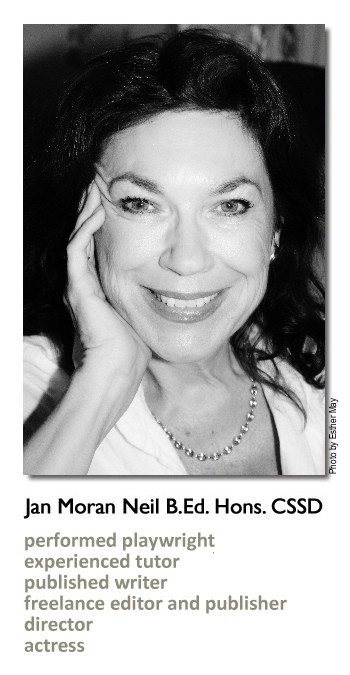‘Boiling Points’ by Ms Paige Turner
Mister Justin Case and I recently went to see the National Theatre’s production of Arthur Miller’s ‘The Crucible’.
I have played the part of Mary Warren (the Proctors’ hapless maidservant) at the Ashcroft Theatre, Croydon, wrote on the play as my teaching diploma thesis at the Royal Central School of Speech and Drama and subsequently directed it at the Amersham & Wycombe College. So I have vested interest.
I used parts of my thesis to introduce a number of scenes enacted by my BND students. (Getting them to rehearsals was a nightmare: I had to work my way around their various part-time employment which I couldn’t beat so joined them with a flexible rehearsal schedule.) It paid off. I opted to have the whole cast on stage during the scenes to avoid backstage chatter and encourage observation of one of the finest plays, in my opinion, ever written.
I was therefore a little surprised that the National also topped and tailed the play with a narrative taken from Miller’s own prologue and had the hysterical girls frequently seated during a number of scenes. The former device obviously used as estimating that a proportion of the audience may not be aware of the seventeenth century Salem witch trials.
Proctor, played by Brendan Cowell was the all-rugged outspoken farmer. Hale, the minister flown in to cast out the so-called witchcraft, was played by Fisayo Akinade (also trained at the Royal Central School of Speech and Drama). This was interesting casting of an ‘of colour’ actor and it worked really well. Erin Doherty who is an award-winning actress, having played Princess Anne in the last ‘The Crown’ series was also an interesting take on Abigail Williams. Abigail has had an affair with John Proctor and she then accuses his wife Elizabeth of witchcraft. Doherty presents us with a neurotic, twitching adolescent: bitter revenge nibbling into the core of the character.
Here’s my feature written for ‘Writing Magazine’ some years ago on the subject of ‘Theme’ because Miller always does ‘Theme’ so well.
Arthur Miller wrote the theme of his play at the top of every A4 typescript page. It was a constant reminder of what he was writing about. The theme is the purpose of your words. Why are you writing this play? What do you want to say? Whose thinking and what thinking are you trying to change?
Theme can be reduced to one word. It can often be one of those ‘shun’ words. Arthur Miller might have put ‘persecution’ at the top of each page when he was writing ‘The Crucible’. Of course the theme of a play can mean something different to each member of the audience. And it isn’t always necessary to know the theme before we begin writing. Themes can emerge.
The theme then can be developed from one word to one sentence. For example, one might suggest that the theme of ‘Hamlet’ is ‘procrastination’ but we could elucidate by saying in modern terms that ‘slow drivers can cause as much havoc on motorways as rash, impulsive ones’. Then the sentence can be developed further still in the scene and so the play overall.
Like the light refracting from a multi-faceted and well cut diamond, the theme should bounce off of every scene written and be observed from different angles.
Very often the title will contain the theme. The Crucible? It’s a container in which substances are heated to high temperatures and then evaporate into thin air. Neat when you consider Miller was using the witches of Salem, Massachusetts, as a political analogy for the McCarthy trials of the fifties in America. Artists with certain political sympathies simply disappeared.
Well. In the past few weeks we didn’t really need a crucible to hasten the disappearance of politicians, did we?
